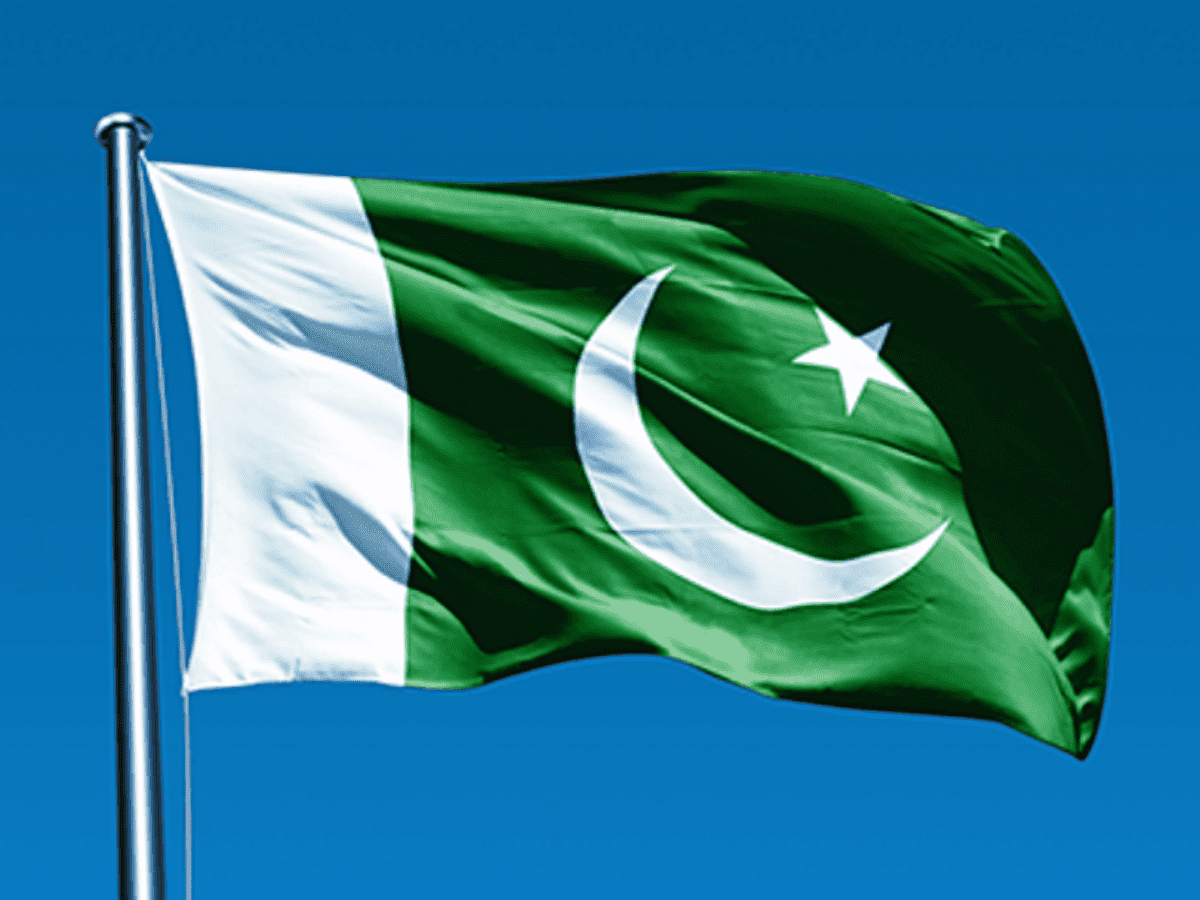
Islamabad: Pakistan’s ruling coalition swept the Senate elections as the results of 19 seats were announced after the election process to fill 48 vacant seats of the upper house of the bi-cameral Parliament.
The alliance led by the Pakistan Muslim League-Nawaz (PML-N) and including Pakistan Peoples Party (PPP) and other parties bagged 18 seats out of 19 while an independent candidate also was elected with their support.
Polling was held on 12 seats from Sindh, five seats from Punjab and two seats from the Islamabad capital territory. In Punjab, PML-N grabbed all seats while in Sindh, PPP got 10 seats and one seat went to Muttahida Qaumi Movement and an independent candidate. The PML-N and the PPP won one seat each from Islamabad.
Eighteen candidates had already been elected unopposed, including eleven from Balochistan and seven from Punjab. Elections in Khyber-Pakhtunkhwa province were postponed due to controversy over oaths of members elected on reserved seats.
Foreign minister Ishaq Dar was elected senator after getting 224 votes in the National Assembly. His opponent Raja Ansar Mehmood from the opposition Sunni Ittehad Council got 81 votes. Rana Mehmood ul Hassan of the Pakistan Peoples Party also won his seat by defeating Farzand Hussain Shah of the Sunni Ittehad Council. Thus the ruling alliance won both senate seats from the Islamabad capital territory.
Prominent among the winners were PML-N-supported Finance Minister Muhammad Aurangzeb and Petroleum Minister Musadiq Malik who won in Punjab by garnering 128 and 121 votes, respectively. PML-N’s Khalil Tahir Sindhu was successful on a minority seat in Punjab while PPP’s Poonjo Bheel was successful on a minority seat in Sindh.
Earlier, polling was postponed in the Khyber-Pakhtunkhwa province by the Election Commission of Pakistan (ECP) “on account of delay of oaths of reserved seats” as the house was incomplete because 25 members elected on the reserved seats were not given oath by the speaker of the provincial assembly Babar Saleem Swati.
“The commission is of the considered view that the standards of honesty, justness and fairness of election as provided in Article 218(3) of the Constitution cannot be fulfilled due to non-administration of oath to elected members and which amounts to disenfranchisement of lawful voters and denial of level playing field to the voters,” the ECP said in a statement.
Khyber-Pakhtunkhwa Chief Minister Ali Amin Gandapur vowed that he would not let the members elected on reserved seats take oath as they were elected illegally as the seats were snatched from his party led by Imran Khan.
He further said that the PTI would summon its parliamentary meeting and pass a resolution on the matter.
The Senate comprises 96 members, including 23 each from four provinces and four from the federal capital region of Islamabad. Those from provinces are elected by the respective provincial assemblies while the National Assembly elects one Senator from the Islamabad region.
The Senate is a continuous body as half of its members retire after three years and new ones are elected.
The ECP had announced plans to hold polls on 48 seats as four seats of senators who were elected from tribal regions were abolished after the region was merged with the Khyber-Pakhtunkhwa province of the country.
Before the merger, eight senators were elected from the federally administered tribal areas called Fata.
The PML-N’s numbers in the Senate have now risen to 19 while the PPP’s have risen to 24. Khan’s PTI has 20 members in the Senate.
The ruling alliance’s strength in the upper house will play a crucial role in case of any amendment in the constitution as a two-thirds majority is needed in both houses for the same.



